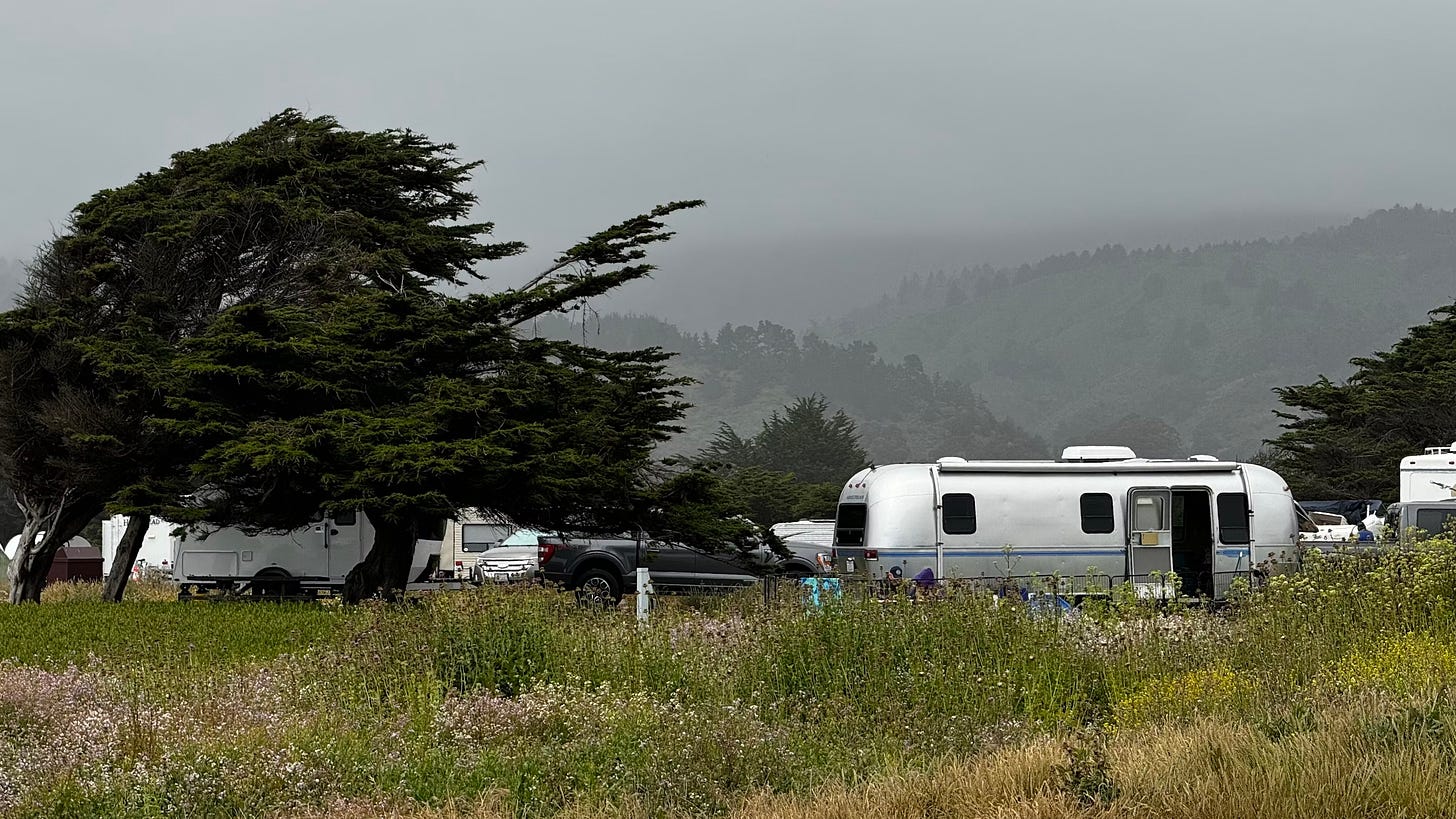
In September of 2020 I was three months into my role as a Senior Editor at LoopNet. A year later I would be named Managing Editor of the site and become responsible for supervising the team and all the content it produced, but all that was still in the future. At that moment, I was early into my tenure and still feeling a bit tentative, having recently made the lateral move from CRE marketing and business development to CRE journalism.
That said, on this particular afternoon, I was feeling pretty good about myself. I had just published a two-part primer on investing in mobile home, or manufactured housing, parks, and it was being received exceptionally well, both by my colleagues and the site’s audience. In fact, it was one of the best-performing articles in the then-nascent history of the site’s run.
The piece was so successful that both parts of the series were prominently displayed on LoopNet’s home page. And then, suddenly, they weren’t. In fact, they had disappeared from the home page entirely.
I was about to ping my manager to ask him about the change when he unexpectedly rang me on Teams. It seemed that during a meeting with Andy Florance, CoStar Group’s CEO and the publisher of LoopNet, my uber-boss had become irate upon glimpsing my articles on the home page.
“He said it was real estate for bottom feeders,” my manager told me. Florance demanded the articles be removed.
The CoStar CEO’s attitude about manufactured housing, and it’s increasingly prominent younger sibling, RV parks, is not uncommon. A lot of investors seem trepidatious about the asset class, if not outright fearful, due to the cultural baggage it carries and the political risks it presents.
And, yet: the private equity firms of the world are presiding over a steadily increasing conglomeration of the industry; Fannie Mae and Freddie Mac are becoming some of the biggest lenders; cap rates are compressing and the “glory days,” as one veteran of the industry referred to them, may have passed.
Nonetheless, opportunities still remain. As a follow-up to those articles I wrote for LoopNet, I spoke again with three of the industry leaders I talked to back in 2020 to understand how the industry has evolved over the last four years. Those LoopNet articles, which can be found here, remain a solid primer and overview of the asset class.
In today’s letter, though, we’ll consider:
Advantages: In 2024, what do mobile home and RV parks offer that others don’t?
Threats: What are some of the challenges that have presented themselves or grown since 2020?
Opportunities: Where do the opportunities for the sector exist in 2024?
So, take a deep breath, hold your nose (if you’re a bit of a snob) and let’s dive into the world of manufactured housing and RVs.





